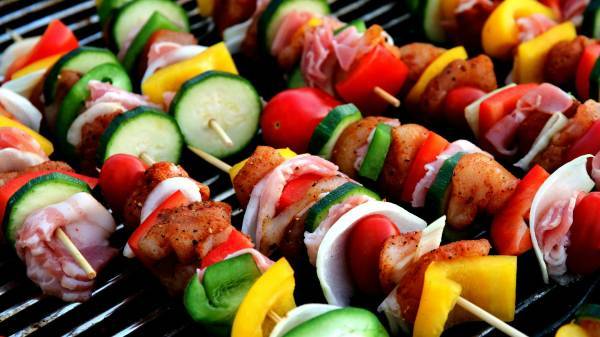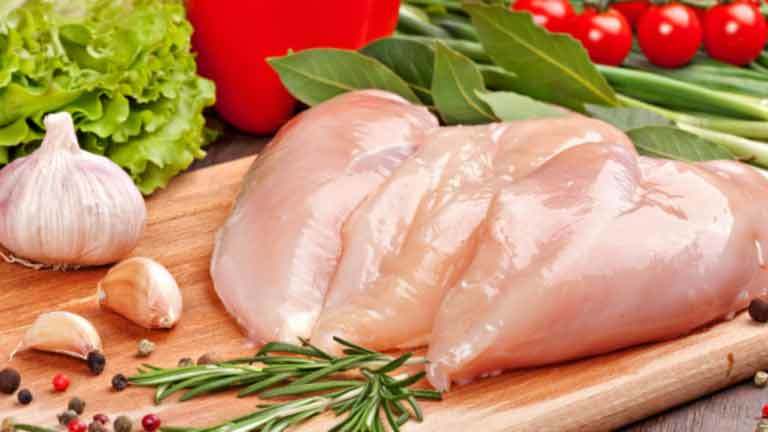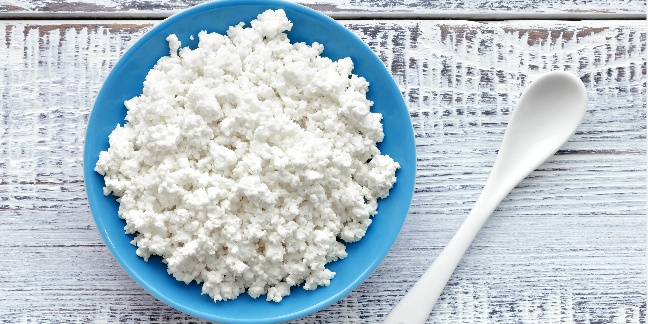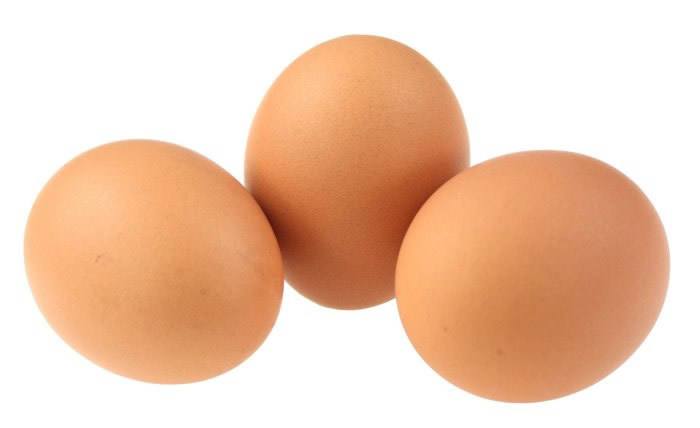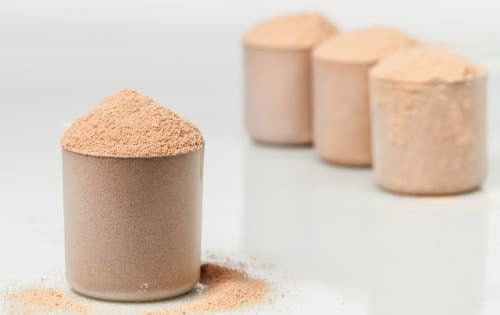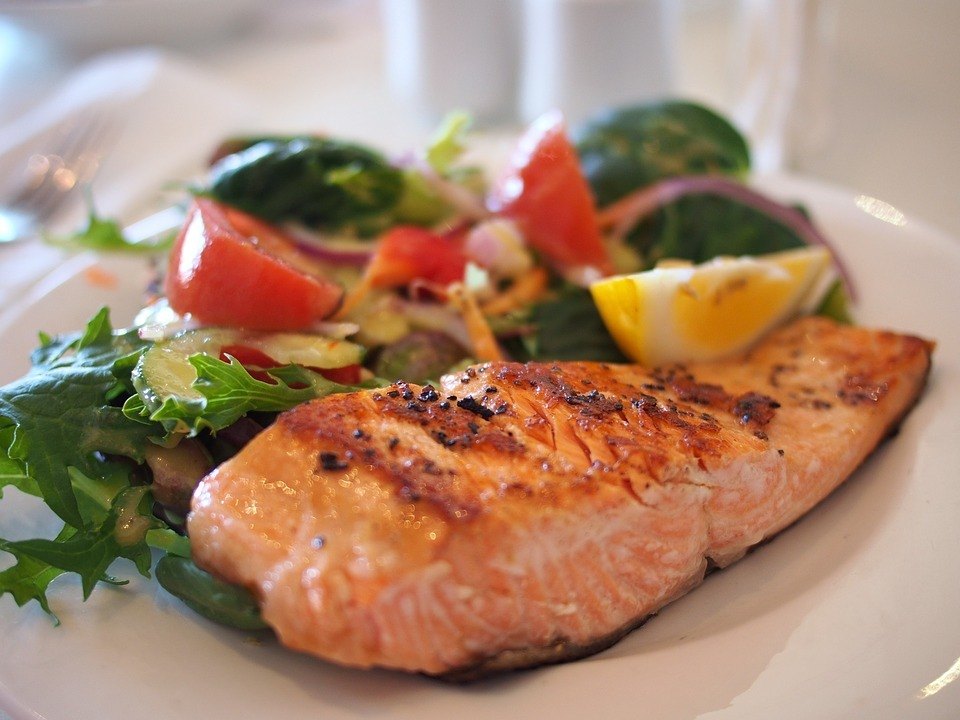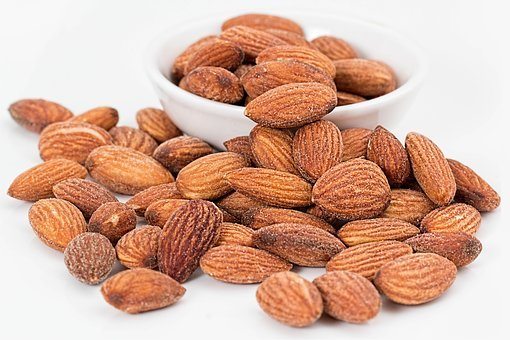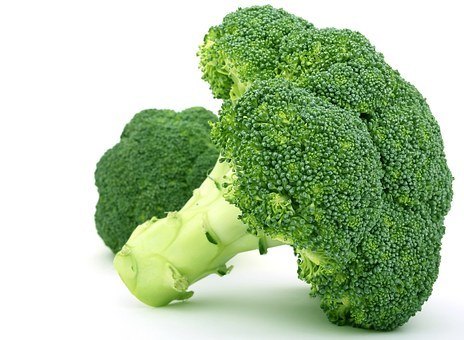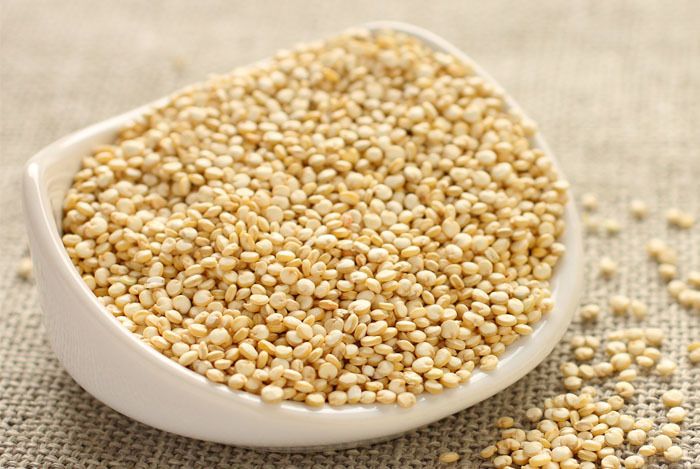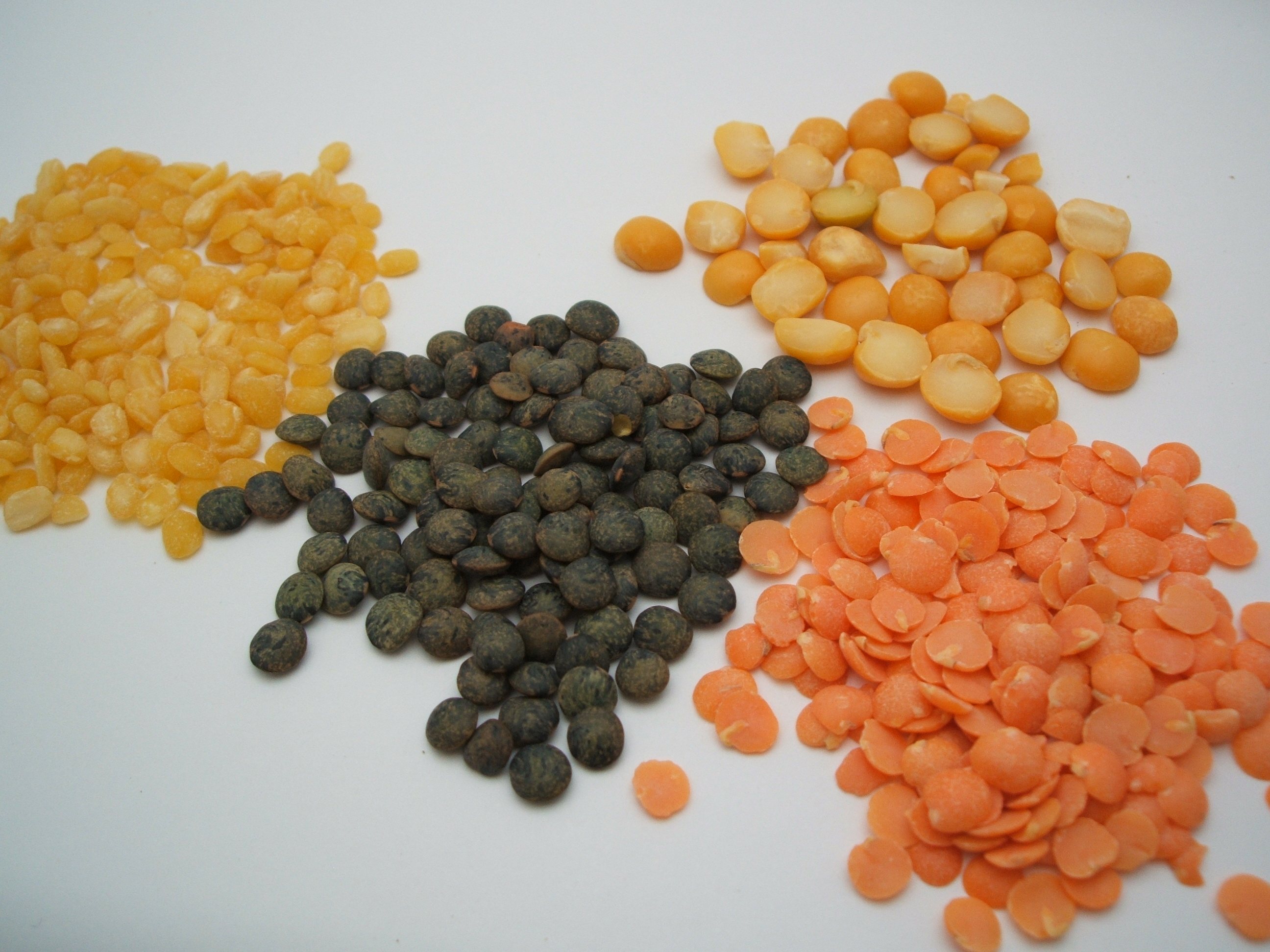Six packs are a dream many aspire to, such as those that are middle aged, some after a pregnancy, and others after over-indulging in food or an overload of beer, leaving a “beer belly” – not very aesthetically appealing.
Bellies keep on growing, then the search to fade away the flabby tummy begins with diet changes, diet pills, and gym sessions; but the extra belly fat that needs toning down seems so impossible. The stomach is usually a problem area for many.
What is the solution?
Whether you are an “apple” shape with too much belly fat, or a “pear” shape with wider thighs and hips, when it is time to build muscles or lose weight, get ready for a clean diet.
Sit-ups and lifting alone won’t help you reach those perked up muscle stages. That’s right – only if you consume the right foods is it possible to build muscles, and to retain and gain muscle strength without excessive training.
Are you ready to build muscle?
The secret is in nutrition.
Many tend to train so hard that they pay no attention to nutrition, so all the time and effort spent training is wasted. Success is sabotaged when people assume that nutrition is too complicated and avoid following proper diets with rich, clean, and complete protein!
Ignoring nutrition is not an option. Knowledge about nutrition will help you utilize it together with your fitness routine. This will help in maintaining the gain of muscle mass.
First, clean up your diet and participate in a cardio exercise to help shed excess fat. Begin by including regular muscle-building training exercises. This will help with toning all over. Whether you need to burn fat or build some mass, protein will help reap results much faster; it helps with muscle building and fat loss, as well as maintenance and repair.
All about protein intake
Protein is made of amino acids that are muscle building blocks. For optimal muscle growth, the body needs a constant protein [1] supply every day. Amino acids in protein are vital for building, repairing and maintaining muscle tissue.
Protein consists of hydrogen, carbon, oxygen and nitrogen. A sufficient protein amount will lead you to a good nitrogen balance. Reaching this stage, you build muscle.
The following foods are high in protein: fish, meat, cheese, yogurt, tofu, beans, milk, lentils, nuts, eggs, and seeds.
To get started, follow the top ten high protein foods to help with the mission of gaining strength and weighing up some muscle mass.
1. Lean Beef
To gain muscle, very lean beef should be the staple. It is loaded with all that is needed for muscle growth; it includes iron, B vitamins, and zinc.
Most importantly, it has a high protein quality with a high amino acid level that works with insulin in promoting muscle growth. Just 3 oz of a lean beef serving will provide the same amount of protein as 1.5 cups of beans at only half the calories, which is good news if you are trying to lose weight.
2. Skinless Chicken
Like beef, chicken is a good source of protein; just 4 oz of grilled chicken [2] contains 36 grams of protein. This is crucial for muscle repair and maintenance, as well as bone health and maintenance of weight. As a plus, there are many ways to prepare chicken as well.
3. Cottage Cheese
Not many are aware that that cottage cheese is packed with Casein protein (14 grams per half a cup.[3] ) Casein is a protein slow in digesting, which makes it perfect for maintaining muscle. It is a good source of calcium, vitamin B12, and many other crucial nutrients.
4. Eggs
Eggs are sometimes insinuated to be harmful to health, but they are not. Eggs contain a high amount of protein, with 9 vital amino acids and chorine, the “right fat,” as well as vitamin D. A medium-sized egg has 5.7 grams of protein.
5. Whey Protein
Protein supplements are popular in fitness industries, as they provide a convenient protein source [4] at affordable prices. Bodybuilders use them on waking up and after workouts. One scoop contains between 9-30 grams of protein, depending on the type and brand – it’s best to read labels.
Whey can also be mixed in meals. It is important to get high quality protein from foods and use whey protein to boost your protein intake.
6. Fish
Fish are low-fat, high-protein, and rich in essential omega-3 fatty acids. They contain between 19-36 grams of protein [5] depending on the type of fish. Omega-3’s aid in losing fat and ensure proper functioning of body processes like metabolism.
7. Almonds
Almonds are popular tree nuts. They are loaded with nutrients, including vitamin E, fiber, magnesium, and manganese. A total of ten almonds contains 2.5 grams of protein. [6]
8. Broccoli
Broccoli provides protein without fat. It is also a rich source of vitamin A, potassium folate, and vitamin C. Paired with foods missing any amino acids, broccoli is a healthy contribution to daily requirements of protein. One cup has 2.57 grams of protein.[7]
9. Quinoa
Quinoa has a high protein content, and with good reason. The seed is a complete protein, packed with all 9 amino acids that the body needs. The high-protein content makes it a perfect choice that is cholesterol-free and a low-fat source of protein for vegans and vegetarians. A cooked cup of quinoa has 8.14 grams of protein.
10. Lentils
Protein is not the only nutritious benefit lentils contain. Half a cup of lentils has [8] approximately 9 grams of protein. They are packed with potassium, iron, zinc phosphorous, niacin, and folate. Lentils are high in soluble fiber, reducing or preventing high blood pressure.
Featured photo credit: Livestrong.com via img.aws.livestrongcdn.com
Reference
| [1] | ^ | Science Direct: Protein intake and energy balance |
| [2] | ^ | SFGATE: How Much Protein Does 4 Ounces of Grilled Chicken Have in It? |
| [3] | ^ | Eat This Much:Cottage cheese |
| [4] | ^ | The Journal of Nutritional Chemistry: Functional properties of whey, whey components, and essential amino acids: mechanisms underlying health benefits for active people (review) |
| [5] | ^ | SFGATE: How Much Protein Does Fish Have? |
| [6] | ^ | SFGATE: How Much Protein Is There in 10 Almonds? |
| [7] | ^ | SFGATE: How Much Protein Is in Broccoli? |
| [8] | ^ | LiveStrong: How Much Protein Is in Lentils? |

